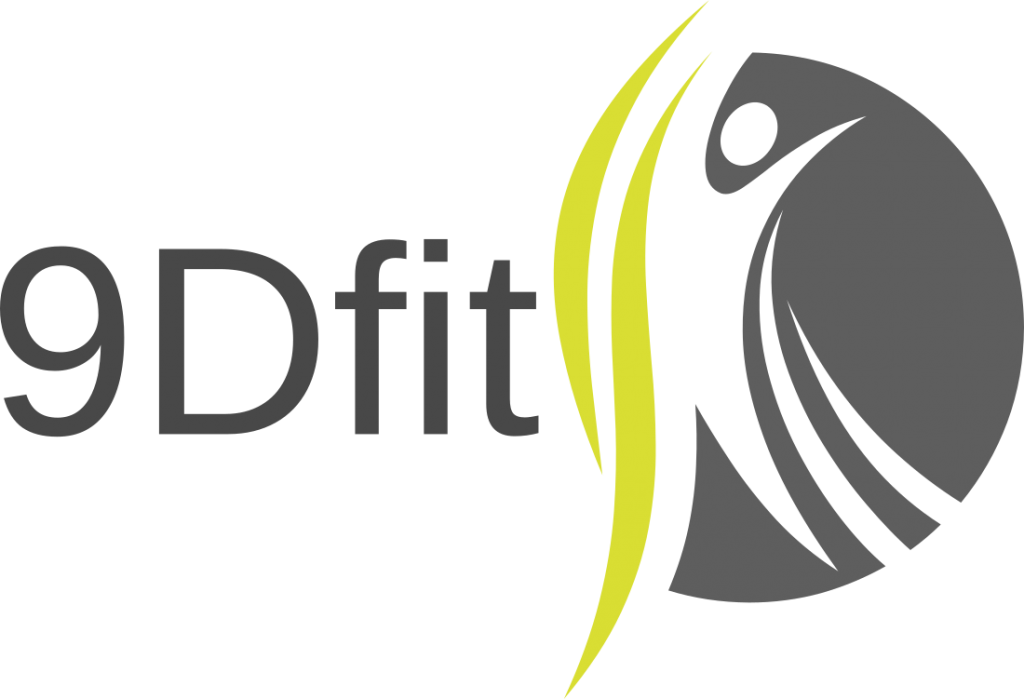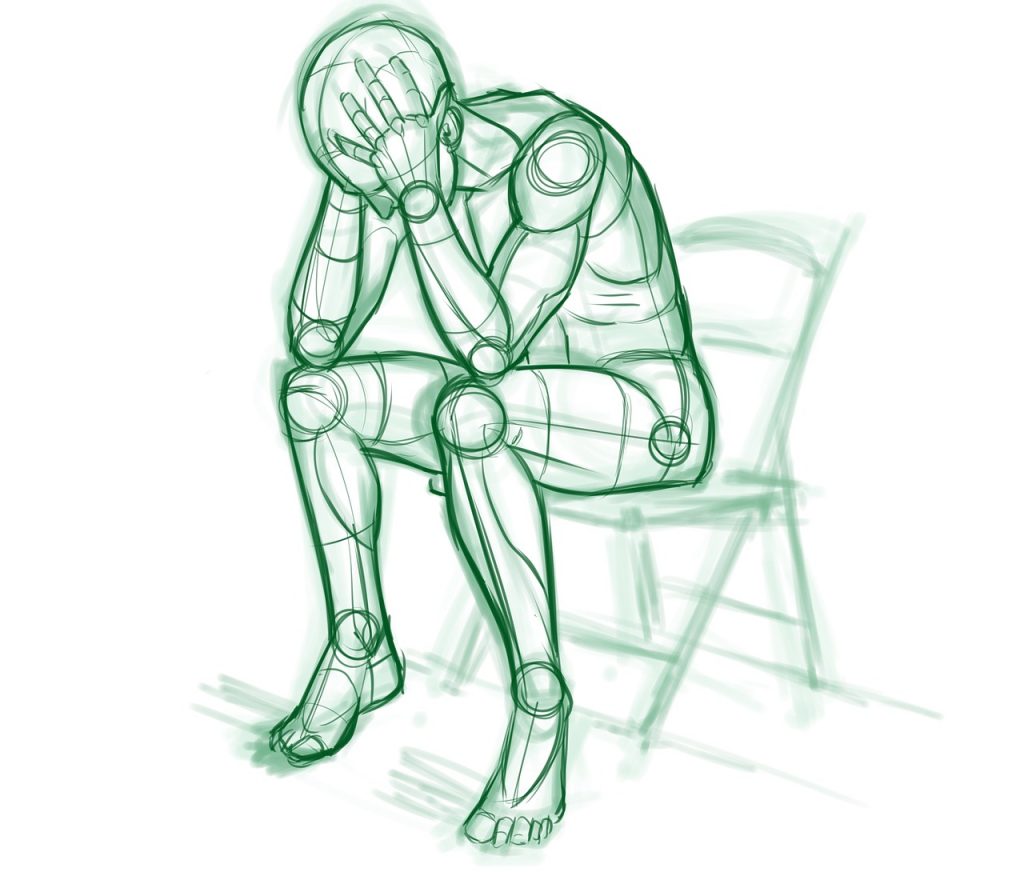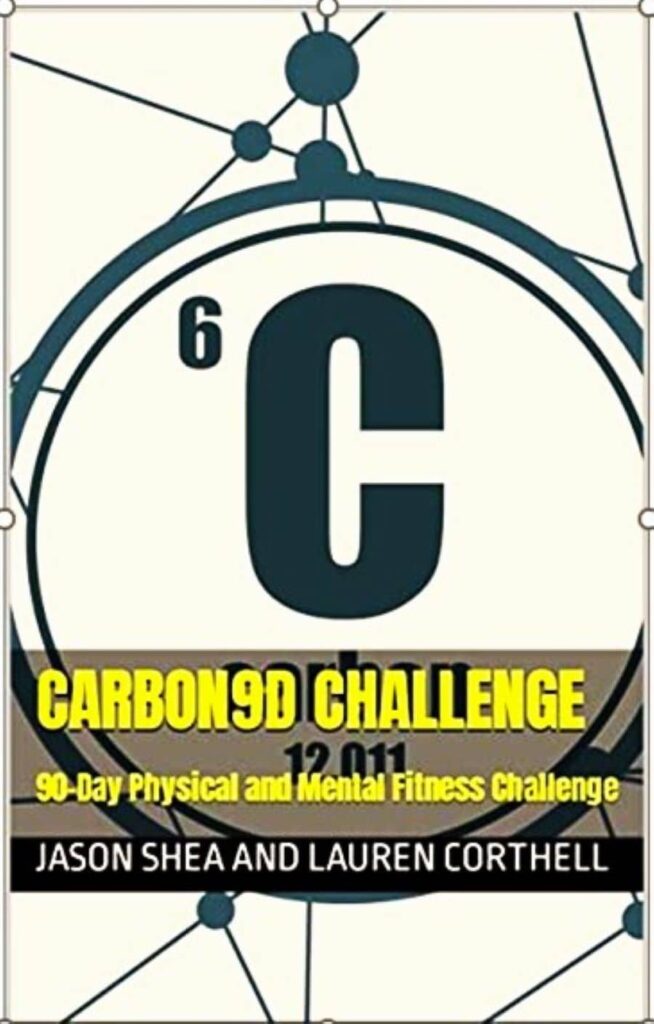By Jason Shea M.S., PICP IV, CSCS
Learning how to manage stress in life can be one of the most important things we can do for our health. Recent surveys have found that our stress levels are on the rise:
- This 2019 survey found in increase in workplace stress, with nearly 2/3 of respondents reporting higher stress levels now versus 5 years ago.
- Nearly 50% of the parents in this American Psychological Association survey reported stress levels between “8-10” on a scale of 1-10 with 10 being the highest and 1 the lowest.
- That same APA survey found that the economy and work were a significant source of stress in 70% of respondents.
Did you know there are over 50,000 book results when we do a search for stress management on Amazon. In performing a google search for stress management we can find stress management books, stress management articles, stress management ppts, stress management pdfs, how to manage stress essays, stress management toys, apps, gadgets, and more. It might be safe to say that many of us are feeling stressed?
Stress can be like a tidal wave; overwhelming and engulfing even the strongest among us at times. According to the surveys above, the importance of stress management and the ability to deconstruct the causes of our stress is more important now than ever.

Game of Chess?
According to the American Psychological Association’s survey “Stressed in America” released in 2015, the top four sources of stress were:
- Money
- Work related stress
- Familial stress
- Heath related stress
The top stressors for 2007, 2008, 2009, and 2010 from the APA survey released in 2010 were:
- Money
- Work
- Economy
- Family Responsibilities
- Relationships
- Personal Health Concerns
- Housing Costs
- Job Stability
- Health Problems affecting family members
- Personal Safety
Now, let’s think of stress in terms of playing a game of chess. On one side of board we have our opponent: Stress.
- King: Money
- Queen: Work
- Bishop 1: Familial stress
- Bishop 2: Economic Worry
- Knight 1: Relationships
- Knight 2: Personal Health Concerns
- Castle 1: Housing Costs
- Castle 2: Job Stability
- Pawns: Health Problems affecting family members, personal safety, and other personal stresses
Now that the board is set up, it is time to play chess. When stress makes a move how do you respond to it? If stress moves a pawn two spaces forward, do you move your Queen? Or do you acknowledge that move, while planning your own move with your Bishop? When stress makes a big move with your personal health (Knight 2), what move do you make in response to it?

Within this YOU vs STRESS game of chess, there are smaller games of chess you must play in combatting each individual stress.
Do you allow yourself to become overwhelmed, paralyzed by the perception that the stress is too great for you to overcome?
According to social psychologist and author Dr. Joseph McGrath, stress is “the interaction between three elements (McGrath 1976):
- “Perceived demand”
- “Perceived ability to cope”
- “The Perception of the importance of being able to cope with the demand”
All three of these elements have one word in common: perceive. Just like playing the game of chess, when your opponent, moves their pawn two spaces forward, do you perceive this as a major threat? Do you feel this perceived threat warrants a big countermove? If so, do you have the necessary strategy to counter this?
If your perception of the demand is too great and your confidence in your ability to cope with the demand is too low, you may be felling like this:

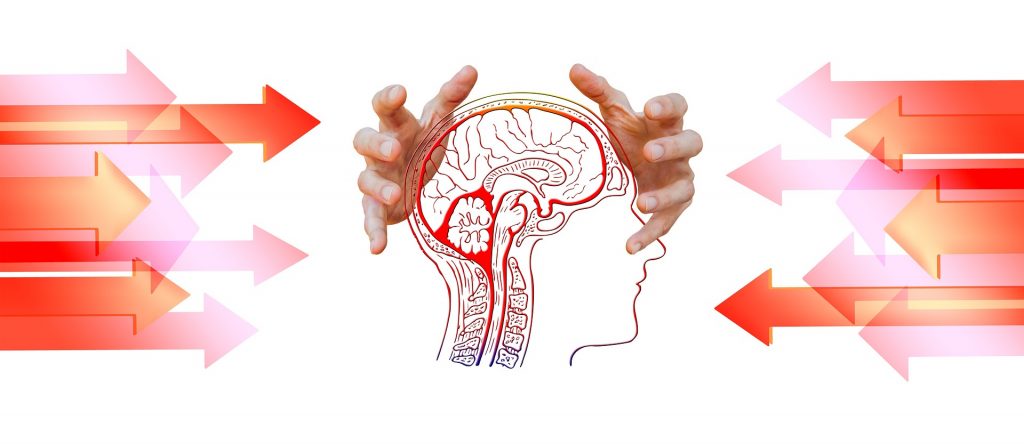
We see how our brain and thoughts respond to stress. Now let’s look at our physiological response.
In response to the stress, there is an immune reaction, a hormonal reaction, and a cardiovascular reaction, each affecting the different systems of the body.

The more chronically stressed you are, the more cortisol you chronically produce. The more cortisol you produce, the less sensitive your tissue becomes to cortisol, and the more chronically stressed you may become. When we combine this with the impacts on other hormones, it is no wonder so many people are walking around chronically stressed.
The more stress, the more cortisol. The more cortisol the greater the potential for bodyfat accumulation about the midsection. The more body fat about the mid-section, the greater the potential for producing more cortisol. Cortisol also competes with the testosterone pre-cursor progesterone at the progesterone receptor site. This can lead to lower testosterone levels and estrogen dominance. Cortisol can also impact thyroid hormones, insulin, satiety hormones and more.
10 Stress Management Strategies to start doing today
1-5.
Start The Day Off With A Win
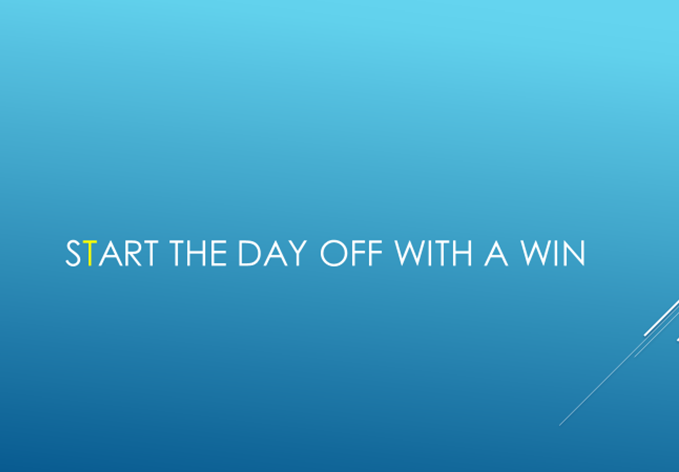
1.
Make your bed as soon as you wake up.
The importance of this simple task was explained by Navy SEAL and Naval Admiral William McRaven at his University of Texas, Austin graduation commencement speech (14) “If you make your bed every morning, you will have accomplished the first task of the day. It will give you a small sense of pride and it will encourage you to do another task and another and another. By the end of the day, that one task completed will have turned into many tasks completed. Making your bed will also reinforce the fact that little things in life matter. It helps with the clutter and visual appeal of your room. This is an obvious one, but way overlooked. Your room is your sanctuary, and a decluttered space is proved to reduce stress (14)”.
2.
Drink 10- 16oz of water with lime Himalayan Sea Salt.
- Vitamin C is a potent antioxidant, that plays a role in glutathione production, has been shown to lower cortisol.
- Himalayan Salt contains over 80 trace minerals that can be used by the body.
- Salt plays and important role in cell hydration.
- The combination of salt and lime can help to re-alkalize the body.
- The combination can aid in hydration and improving immune function.
3.
Workout
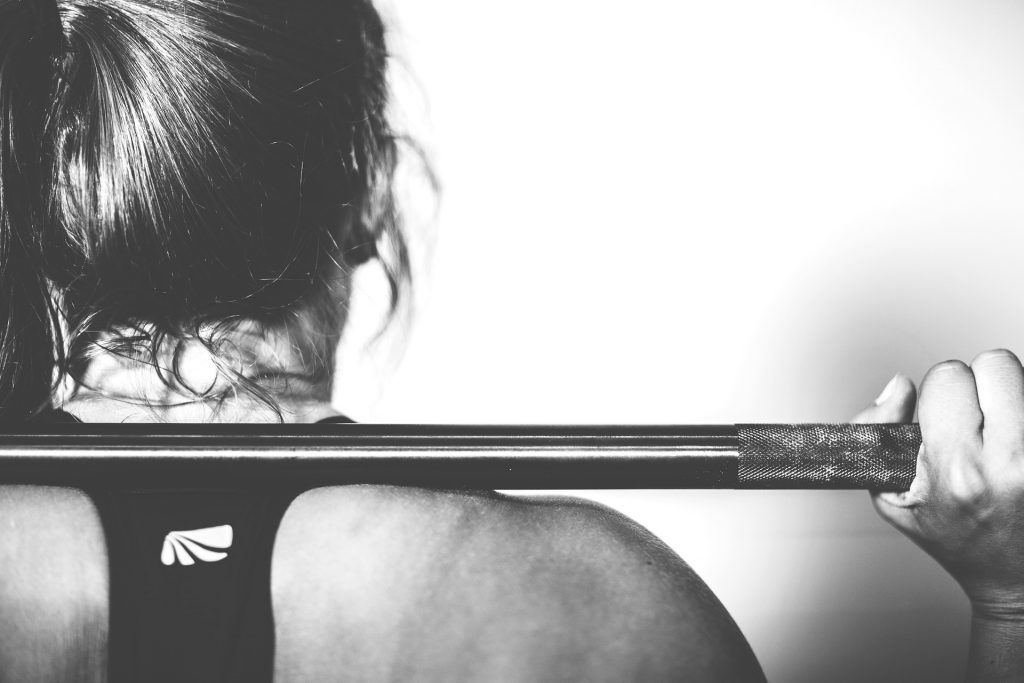
- Effects on BDNF
- Exercise promotes a higher order of brain plasticity and learning ability (26)
- Physical activity was associated with lower risks of cognitive impairment, Alzheimer’s, and dementia (11)
- Exercise enhances learning (28)
- Exercise promotes brain vascularization (7)
- Effects on hormones
- Testosterone levels were nearly 40% higher, while cortisol levels were significantly lower after just 4 weeks of strength training (1)”
4.
Eat a high quality fat and protein breakfast
- High quality fat/low carb breakfast produced less cortisol, as diets high in poly unsaturated fats have been shown to play a positive role in modulating physiological and psychological stress responses (16)
- Quality fats and proteins including pasteurized eggs, wild caught fish, grass fed beef, hormone and antibiotic free range chicken, avocados, nuts, and seeds stimulate dopamine and acetylcholine, the neurotransmitters associated with decision making, attention, reaction time, motivation, arousal, and cognitive/motor control.
- Examples include: baked avocado and eggs, organic bacon and free range eggs, salmon and walnuts, steak and almonds, chicken and avocado
5.
Take a cold shower
Cold water has a stimulatory effect on both your neurotransmitter production and blood flow to the brain (23).
6.
Listen to Some Comedy (in Your Car)
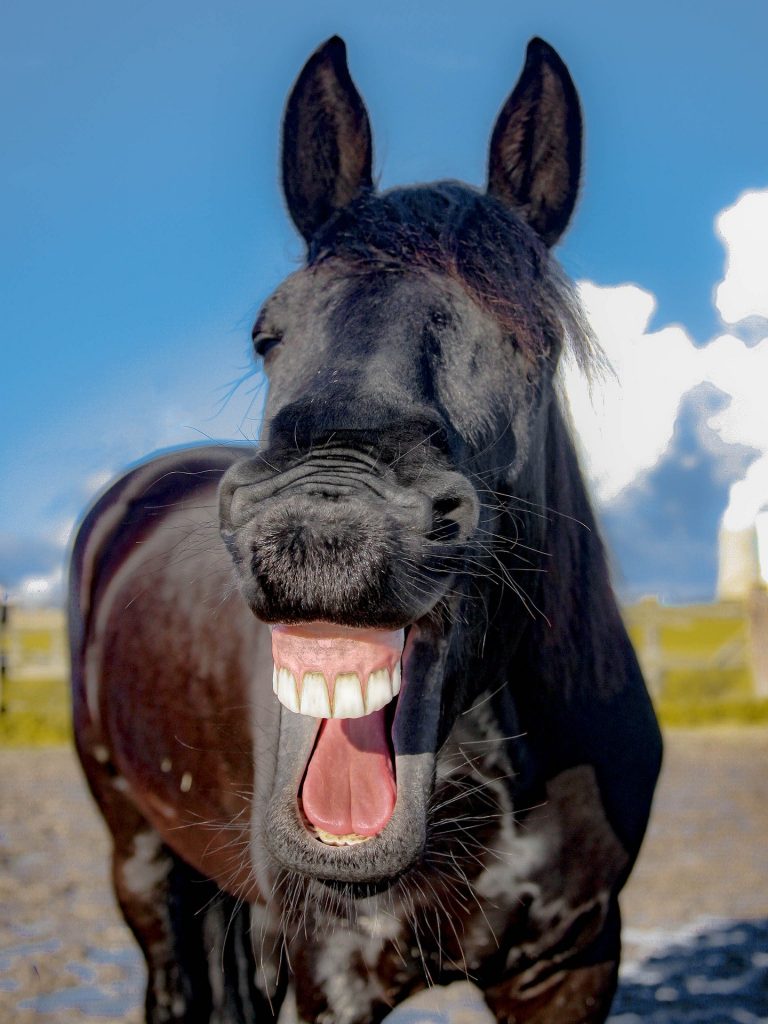
George Carlin. Robin Williams. Pablo Francisco. Dane Cook. Next time you are driving to work or a stressful event give it a try.
A 1989 study from the American Journal of Medical Science measured the endocrine response of five healthy male subjects during a sixty-minute comedy video and compared it to the response of five healthy males who did not watch the video. The group that watched the funny video had lower cortisol and epinephrine, leading the researchers to conclude the mirthful laughter was the cause (3).
Grin and Bear It. That was the title of a 2012 study from Psychological Science in which the researchers had the subjects perform stressful tasks while chopsticks were held in their mouths to form either a standard smile, a Duchenne smile, or a neutral facial expression. The researchers then asked half of the groups with the chopstick smiles to also voluntarily contract their smile muscles. The researchers found that all of the smiling groups, both voluntary and “chopstick” (involuntary) had lower heart rates in response to the stresses. The researchers concluded “there are both physiological and psychological benefits from maintaining positive facial expressions during stress (9).”
7.
Breathe
Let’s look at the example of extreme temperature legend Wim Hof. Researchers studied his methods and found that through these methods his students were able to physiologically change the way their body’s responded to stress (10). If you have not heard of him, some of his feats include climbing Mount Kilimanjaro in two days in nothing but shorts and shoes, climbing over 23,000 feet up Mount Everest in only shorts and shoes, Mount Kilimanjaro within two days wearing only shorts and shoes, running a full marathon through the Namib Desert, swam nearly 60m under an ice covered lake, and more. To learn more about his methods, courses, and books, check out his website.
Box Breathing is an effective method for learning to breath properly. Spirotiger is a great top of the line respiratory muscle system trainer. Training Mask 3.0 is a great option as well.
8.
Do Some Manual Labor

Did you know that an hour of hard manual labor can increase testosterone levels by almost 50%?
9.
Foods that can lower cortisol
Cherries
A 2012 study from Experimental Gerontology gave 30 subjects extract from cherries broken into two separate servings per day for 5 days. The group consuming the cherry extract had lower cortisol and higher serotonin levels (6).
Dark Chocolate

A 2014 study in the Journal of the American College of Cardiology looked at the effects 125mg of dark chocolate had on stress levels, salivary cortisol and adrenaline. The researchers found that ingesting dark chocolate two hours before a stressful event buffered stress reactivity and decreased both cortisol and adrenaline levels. In the study the authors also pointed to a separate study that “found that after eating dark chocolate every day for two weeks, people who rated themselves as highly stressed had lower levels of cortisol and catecholamines (29).”
Garlic is loaded with antioxidants and contains Allicin which has been shown to fend off heart disease, cancer, and even common colds. A 2001 study from The Journal of Nutrition looked at the hormonal effects of supplementing with garlic while on a high protein diet. The researchers found that garlic may positively impact the anabolic hormonal effect of high protein diets by increasing testosterone and decreasing cortisol (19).
Olive Oil
A 2013 study from the Journal of Nutritional Biochemistry looked at the effects a compound of olive oil, oleuropein, had on testosterone and cortisol levels. The researchers found that not only did the oleuropein increase testosterone and decrease cortisol levels, but it also helped the body absorb and retain proteins better, similar to the effects of garlic (18).
Fish
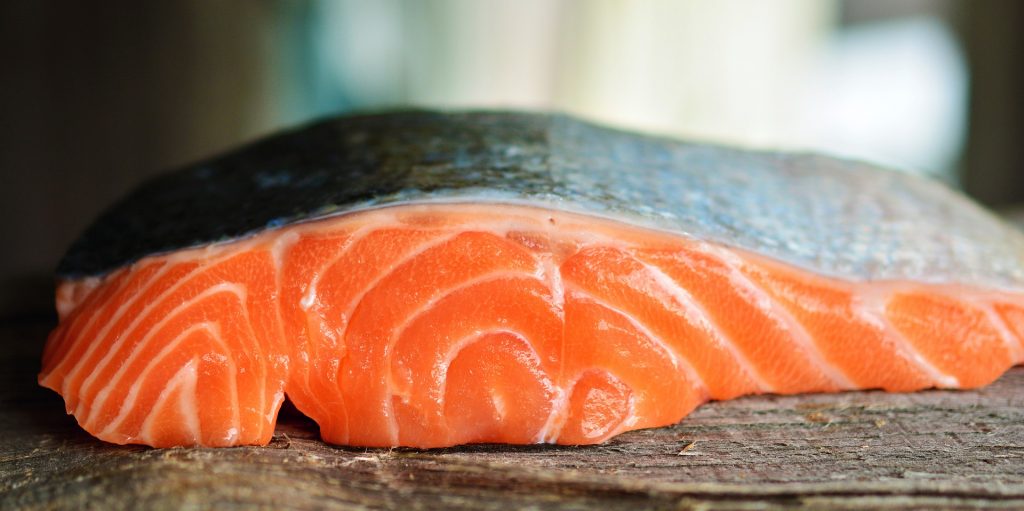
A 2012 study from BMC Research Notes compared the cardiovascular response in subjects consuming less than 70g of fish 2X per week to subjects consuming roughly 70g of fish 4X per week. While performing the stressful task of counting backward from 5000 by 13, the subjects consuming the fish 4X per week had lower blood pressure and heart rates during the stressful event (13).
Walnuts are the only nuts that are high in the omega 3 fatty acid alpha linolenic acid. They are also a source of phosphorus, copper, manganese, vitamin E, B6, and B9. They also contain ellagic acid, catechins, and phytic acid. Walnuts even contain melatonin. 2014 study looked at the effects high consumption of fatty acids had on stress response. There were four separate dietary intervention groups: walnuts, chia seed, peanuts, and regular feed. The researchers found that the walnut and chia seed groups produced significantly less cortisol than the control and peanut groups (16).
A few other good foods include Avocados, Grass Fed Beef, Grass Fed Butter, Free Range Eggs, and more.
10.
SLEEP
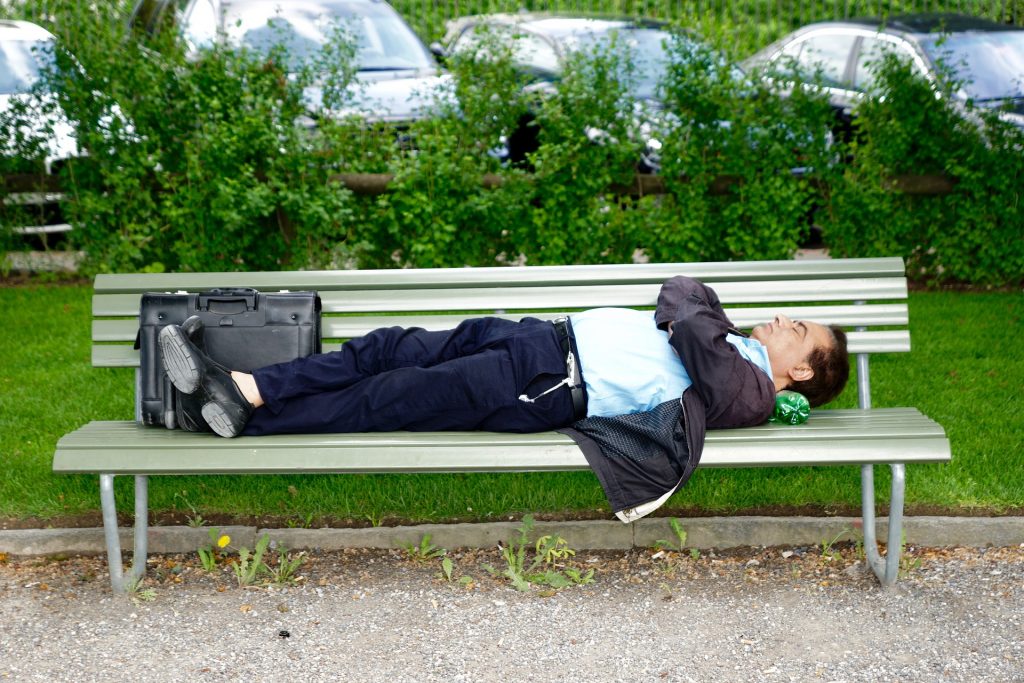
“Sleep loss could thus affect the resiliency of the stress response and may accelerate the development of metabolic and cognitive consequences of glucocorticoid excess (12).”
A 1997 study from Sleep evaluated the effects acute total and partial sleep deprivation had on the following days and nights plasma cortisol levels. The researchers found plasma cortisol levels were significantly higher on the second day of total and partial sleep deprivation, when compared to the day after (12).
11.
Cortisol Combatting Supplements
Vitamin C
A study from 2008 looked at the effects 1000 mg of vitamin C had on post exercise inflammation, muscle damage, and cortisol levels. Between 2 and 24 hours after a thirty-minute workout at 75% Vo2 Max, cortisol levels were significantly lower while inflammation was lower at the 24 hr post mark (15).
Magnesium
Did you know that magnesium is a cofactor in over 300 enzymatic reactions? Magnesium plays a role testosterone bioavailability and production, calcium absorption (4), stress reduction (17), and cortisol production/regulation (21).
N-acetyl-cysteine
N-acetyl-cysteine is a modified version of the amino acid cysteine that plays a role in glutathione replenishment and antioxidant defenses. Selenium is a cofactor in the production of glutathione. When taken together at 200 mcg of selenium and 600 mg of NAC, for 26-weeks subjects saw significant increases in testosterone levels (22).
Phosphatidylserine
Phosphatidylserine is a phospholipid that has been shown to have a positive effect on cortisol. A 2008 study had subjects take 600 mg of phosphatidylserine for ten days and found both an increase in testosterone and decrease in cortisol after moderate intensity exercise (25).
Lysine and Arginine
L-Lysine is an essential amino acid while L-Arginine is essential/semi-essential. A 2007 study had subjects take 2.3 grams of L-Lysine and L-Arginine for 7 seven days and found a significant drop in morning cortisol after only a week (24).
Ginkgo Biloba
A 2002 study looked at the effect ginkgo had on blood pressure and cortisol under stressful situations. Researchers had subjects take 120 mg of ginkgo or a placebo thirty minutes before mentally and physically stressful situation. The researchers found the ginkgo not only had a positive impact on blood pressure , but also inhibited the production of cortisol (8).
Vitamin D
A 2012 study titled Vitamin D in acute stress and critical illness found that “variations in patient responses to acute stress and critical illness may depend on the degree of vitamin D insufficiency and extent of tissue requirement (20).”
Other supplements that have been shown to impact cortisol/testosterone include Reishi Mushroom Extract, D-Aspartic Acid, L-Theanine, Grape Seed Extract and more.
12.
Ocean Air

A 2019 study of nearly 26,000 people found that those who live less than a mile away from the ocean had better general health and wellbeing, greater physical activity levels and psychological health, as well as reduced psychological stress and lower mortality rates (5).
Thx for reading! Now time to relax.
If you’d like to learn more about stress, it’s causes (not just mental:), impacts of cortisol on our system, and lot’s more strategies to combat it, grab a copy of Stress Strategies on Amazon.com today.
References
- Andrade R, Marino M, Marin D, Camacho G, Caballero M, Marino M. Variations in urine excretion of steroid hormones after an acute session and after a 4-week programme of strength training. European Journal of Applied Physiology. 99(1); Pp 65-71. 2007.
- Brody S, Preut R, Schommer K, Schurmeyer T. A randomized controlled trial of high dose ascorbic acid for reduction of blood pressure, cortisol, and subjective responses to psychological stress. Psychopharmacology. 159(3); Pp 319-324. 2002.
- Berk L, Tan S, Fry W, Napier B, Lee J, Hubbard R, Lewis J, Eby W. Neuroendocrine and stress hormone changes during mirthful laughter. American Journal of Medical Science. 298(6); Pp 390-396.1989.
- Farhanghi M, Mahboob S, Ostadrahimi A. Obesity induced magnesium deficiency can be treated by vitamin D supplementation. The Journal of the Pakistan Medical Association. 59(4); Pp 258-261. 2009.
- Garrett et al. Coastal proximity and mental health among urban adults in England: The moderating effect of household income. Health and Place. 59. 102200. 2019.
- Garrido M, Espino J, Gonzalez-Gomez D, Lozano M, Barriga C, Paredes S, Rodriguez A. The consumption of a Jerte Valley cherry product in humans enhances mood, and increases 5-hydroxyindoleacetic acid but reduces cortisol levels in urine. Experimental Gerontology. 47(8); Pp 573-580. 2012.
- Isaacs et al. Exercise and the brain: angiogenesis in the adult rat cerebellum after vigorous physical activity and motor skill learning. Journal of Cereb. Blood Flow Metab. 12; Pp 110-119. 1992.
- Jesova D, Duncko R, Lassanova M, Kriska M, Moncek F. Reduction of rise in blood pressure and cortisol release during stress by Ginkgo biloba extract (EGb761) in healthy volunteers. Journal of Physiology and Pharmacology. 53(3); Pp 337-348. 2002.
- Kraft T, Pressman S. Grin and bear it: the influence of manipulated facial expressions on the stress response. Psychol Sci. 23(11); Pp 1372-1378. 2012.
- Kox M, et al. Voluntary activation of the sympathetic nervous system and attenuation of the innate immune response in humans. Proc Natl Acad Sci USA. 111(20); Pp 7379-7384. 2014.
- Laurin D. Physical activity and risk of cognitive impairment and dementia in elderly persons. Arch. Neurol. 58; Pp 498-504. 2001.
- Leproult R, Copinschi G, Buxton O, Van Cauter E. Sleep loss results in an elevation of cortisol levels the next evening. Sleep. 20(10); Pp 865-870. 1997.
- Matsumura K, Yamakoshi T, Noguchi H, Rolfe P, Matsuoka Y. Fish consumption and cardiovascular response during mental stress. BMC Research Notes. 13(5);Pp 288. 2012.
- Mudallal Z. People who make their beds in the morning are happier and are more productive. Elite Daily.com. Science Says. May 7, 2015.
- Nakhostin-Roohi B, Babaei P, Rahmani-Nia F, Bohlooli S. Effect of vitamin C supplementation on lipid perioxidation, muscle damage and inflammation after 30-min exercise at 75% VO2 max. Journal of Sports Medicine and Physical Fitness. 48(2); Pp 217-224. 2008.
- Nemeth M, Millesi E, Wagner K, Wallner B. Effects of diets high in unsaturated fatty acids on socially induced stress responses in guinea pigs. PLoS One. 10(3): e0120188. 2014.
- Nielson F, Johnson L, Zeng H. Magnesium supplementation improves indicators of low magnesium status and inflammatory stress in adults older than 51 years with poor quality of sleep. Magnesium Research. 23(3); Pp 158-168. 2010.
- Oi-Kano Y, Kawada T, Watanabe T, Koyama F, Watanabe K, Senbongi R, Iwai K. Oleuropein supplementation increases urinary noradrenaline and testicular testosterone levels and decreases plasma corticosterone levels in rats fed high-protein diet. Journal of Nutritional Biochemistry. 24(5); Pp 887-893. 2013.
- Oi Y, Imafuku M, Shishido C, Kominato Y, Nishimura S, Iwai K. Garlic supplementation increases testicular testosterone and decreases plasma corticostereone in rats fed a high protein diet. The Journal of Nutrition. 131(8); Pp 2150-2156. 2001.
- Quraishi S, Camargo C. Vitamin D in acute stress and critical illness. Curr Opin Clin Nutr Metab Care. 15(6); Pp 625-634. 2012.
- Rayssiguier R, Libako P, Nowacki W, Rock E. Magnesium deficiency and metabolic syndrome: Stress and inflammation may reflect calcium activation. Magnesium Research. 23(2); Pp 73-80. 2010.
- Safarinejad M, Safarinejad S. Efficacy of selenium and/or N-acetyl-cysteine for improving semen parameters in infertile men: a double-blind, placebo controlled, randomized study. Journal of Urology. 181(2); Pp 741-751. 2009.
- Shevchuk NA. Adapted cold shower as a potential treatment for depression. Med Hypotheses. 70(5):Pp 995-1001. 2008.
- Smriga M, Ando T, Akutsu M, Furukawa Y, Miwa K, Morinaga Y. Oral treatment with L-lysine and L-arginine reduces anxiety and basal cortisol levels in healthy humans. Biomedical Research. 28(2); Pp 85-90. 2007.
- Starks, Michael, et al. The effect of phosphatidylserine on endocrine response to moderate intensity exercise. Journal of the International Society of Sports Nutrition. 5(11); 2008.
- Tokuyama W, et al. BDNF upregulation during declarative memory formation in monkey inferior temporal cortex. Nat Neurosci. 3;Pp 1134-1142. 2000.
- Trumble B, Cummings D, O’Connor K, Holman D, Smith E, Kaplan H, Gurven M. Age-dependent increases in male salivary testosterone during horticultural activity among Tsimane forager-farmers. Evolution and Human Behavior. 34(5); Pp 350-357. 2013.
- van Praag H, et al. Running enhances neurogenesis, learning, and long term presentation in mice. Proc Natl Acad Sci USA. 96; Pp 13427-13431. 1999.
- von Kanel R, Meister R, Arpagaus A, Treichler S, Kuebler U, Huber S, Ehlert U. Dark chocolate intake buffers stress reactivity in humans. Journal of the American College of Cardiology. 63(21); Pp 2297-2299. 2014.
